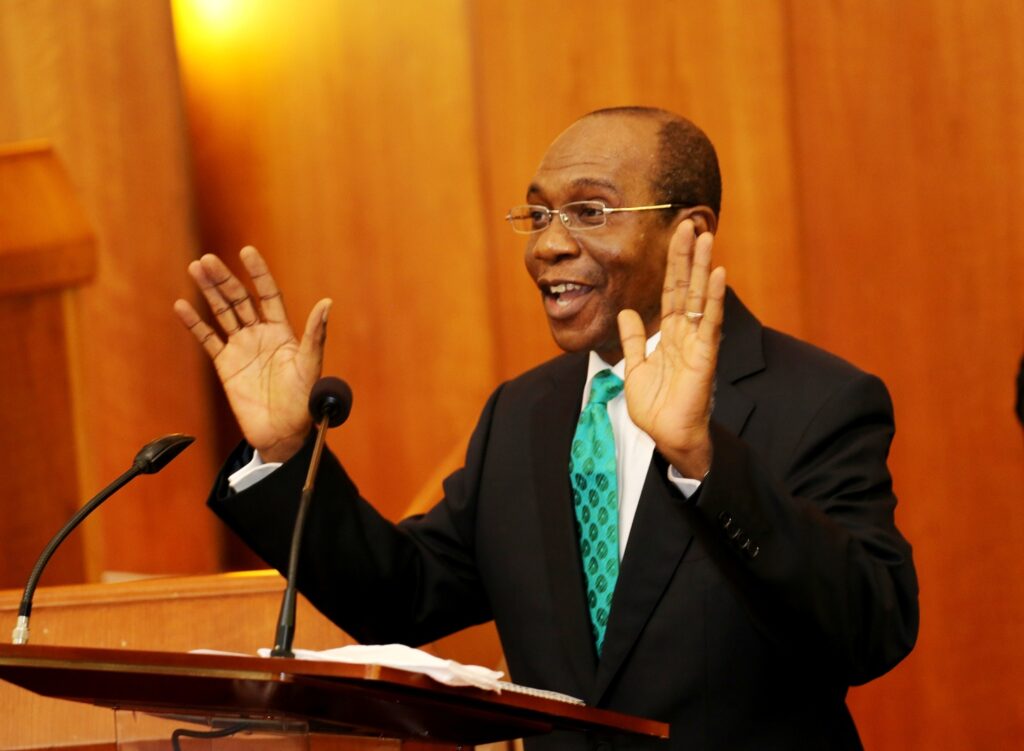The Central Bank of Nigeria (CBN) in this circular dated Friday, 5th February 2021, has informed all Deposit Money Banks, Non-Financial Institutions, other financial institutions in Nigeria to stop having transactions in cryptocurrency or facilitate payments for cryptocurrency exchanges.
The CBN reminded commercial banks that they had been instructed not to participate in aiding cryptocurrency activities and are now warning of stiff sanctions to non-compliant institutions. All commercial banks have been instructed to close accounts belonging to crypto exchanges and other businesses transacting in cryptocurrencies.
It should be recalled that on the 28th of February 2018, Nigeria’s apex bank had in a circular titled “Virtual Currencies Not Legal Tender In Nigeria” made a proclamation saying “cryptocurrencies such as Bitcoin, Ripples, Monero, Litecoin, Dogecoin, Onecoin, etc and Exchanges such as NairaEx are not licensed or regulated by the CBN”.
The circular further warns that: “For the avoidance of doubt, dealers and investors in any kind of cryptocurrency in Nigeria are not protected by law. Virtual currencies are traded in exchange platforms that are unregulated, all over the world. Consumers may therefore lose their money without any legal redress in the event these exchanges collapse or close business.”
This recent circular however pays no mind to Nigeria’s Securities and Exchange Commission (SEC) statement on Digital Assets, their Classification, and Treatment published on the 14th of September 2020. The SEC in this statement recognized that digital assets offerings provide alternative investment opportunities for the investing public and as such needed to operate in a manner that is consistent with investor protection, the interest of the public, market integrity, and transparency. It announced its guidance on the regulation of crypto-token or crypto-coin investments which it said qualified as investments for securities transactions. The difference of opinion between the SEC and the CBN reflects the dilemma that cryptocurrencies denote as a tradeable asset.
The nature of cryptocurrency as a medium of exchange, a store of value, and other novel attributes as an asset class has encountered varied reactions from financial regulators globally. Some regulators have grovelled with understanding as well as keeping up pace with this innovation which has, in turn, resulted in stringent clampdowns in some countries like Nigeria and India. Other countries like Japan have demonstrated innovative approaches by enacting an amendment bill to the Payment Services Act to regulate derivative transactions generally. And in West Africa, The Republic of Ghana is exploring the benefits of issuing a central bank digital currency (CBDC). This statement was made during a keynote address within the 23rd National Banking conference on Nov. 26th, 2019.
Economists have stated that going forward, global electronic transactions will involve digital currencies. It has been suggested that to keep up with global innovation in finance, the Central Bank of Nigeria develop digital wallets through which cryptocurrency transactions could gain pass-throughs.
Is it against the law to trade in Cryptocurrencies in Nigeria?
There is no law as at the publishing of this article that makes trading in cryptocurrencies as a Nigerian illegal. However Nigerian banks and CBN regulated institutions in implementing this latest directive from the Central Bank of Nigeria will be unable to honor cryptocurrency-related transactions.
Please note that nothing in this article constitutes legal advice. If you have any questions about this, please reach us at Contactus@vazilegal.com.


2 thoughts on “CBN Latest Circular Warns Nigerian Banks Against Facilitating Cryptocurrency-Related Transactions”
Nice Write Up